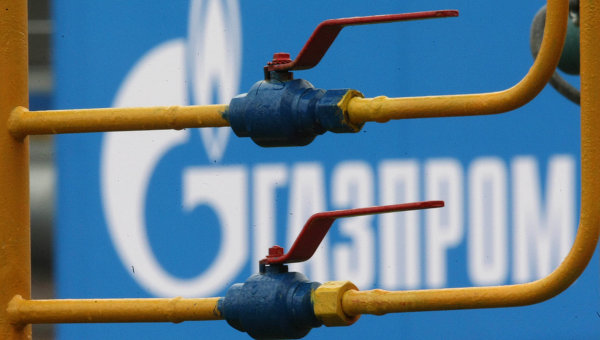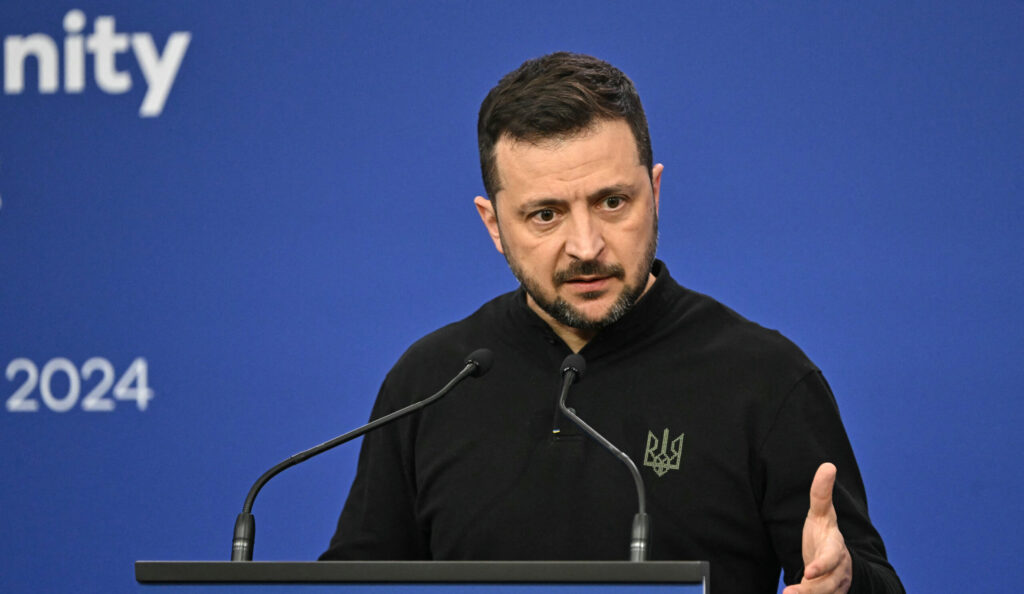Brussels – The tug-of-war between Slovak Prime Minister Robert Fico and Ukraine’s Volodymyr Zelensky does not appear to be near an end. Following the widely announced decision by Kyiv to halt the transit of Russian gas through its territory, the Slovak premier is reportedly considering retaliatory measures that would affect both the attacked country an Ukrainian refugees residing in Slovakia.
In a video posted on Facebook, Slovak prime minister Robert Fico said his cabinet has begun discussions on potential retaliatory measures against Kyiv in response to the decision of Ukrainian President Volodymyr Zelensky to halt the transit of gas from the Russian Federation through the former Soviet republic to Austria, Czechia, Slovakia, and Hungary.

Zelensky hailed the end of Russian gas transit as “one of Moscow’s greatest defeats.” For Fico, however, the Ukrainian move will lead to “sabotaging Slovakia’s public finances and harming the financial interests of the entire EU.” “Slovakia must demonstrate that it is a sovereign country,” he added, which could mean, out of spite, challenging the subsidies guaranteed so far to Ukrainian refugees on national soil.
The actions Fico is reportedly considering could involve cutting financial support to more than 130,000 refugees residing in Slovakia (which borders the former Soviet republic) as well as suspension of electricity supplies to Ukraine, whose energy infrastructure is constantly bombed by Russian drones and missiles. Bratislava could also demand compensation from Kyiv for the losses that Fico says the country will suffer due to the shutdown of the Russian-Ukrainian gas pipeline in the absence of renewed contracts with Gazprom for Russian natural gas transit.
Zelensky decided well before the end of last year to let the five-year contract with the Russian state gas giant expire without renewing it in early 2025. Fico had repeatedly challenged this choice, attempting to persuade Kyiv to take a step back because, he argued, the termination would hurt the EU more than Russia, leading to a spike in gas prices.

However, Zelensky rejected the offer and pressed ahead, stressing that he did not intend to allow the Kremlin to “make more billions on our blood.” So the Slovak premier traveled to the Kremlin on Dec. 22 to meet Russian President Vladimir Putin and ask him not to turn off gas supplies, proposing to be the mediator in peace negotiations with Kyiv.
Bratislava will not suffer gas shortages but will lose about 500 million euros a year in fees related to transit fees through Slovakia to other EU countries, Fico assured. There are already substitute agreements for supplies from Moscow (6.5 billion cubic meters in 2023), which are in addition to the gas that continues to arrive from pipelines in Austria, Czechia, and Hungary: a short-term pilot agreement with Azerbaijan and another for the import of US-based LNG via Poland.
According to European Association of Gas Infrastructure Operators (GIE) data, storage in Bratislava is 75.17 percent full–that is, more than the EU average of just under 72 percent.
English version by the Translation Service of Withub







